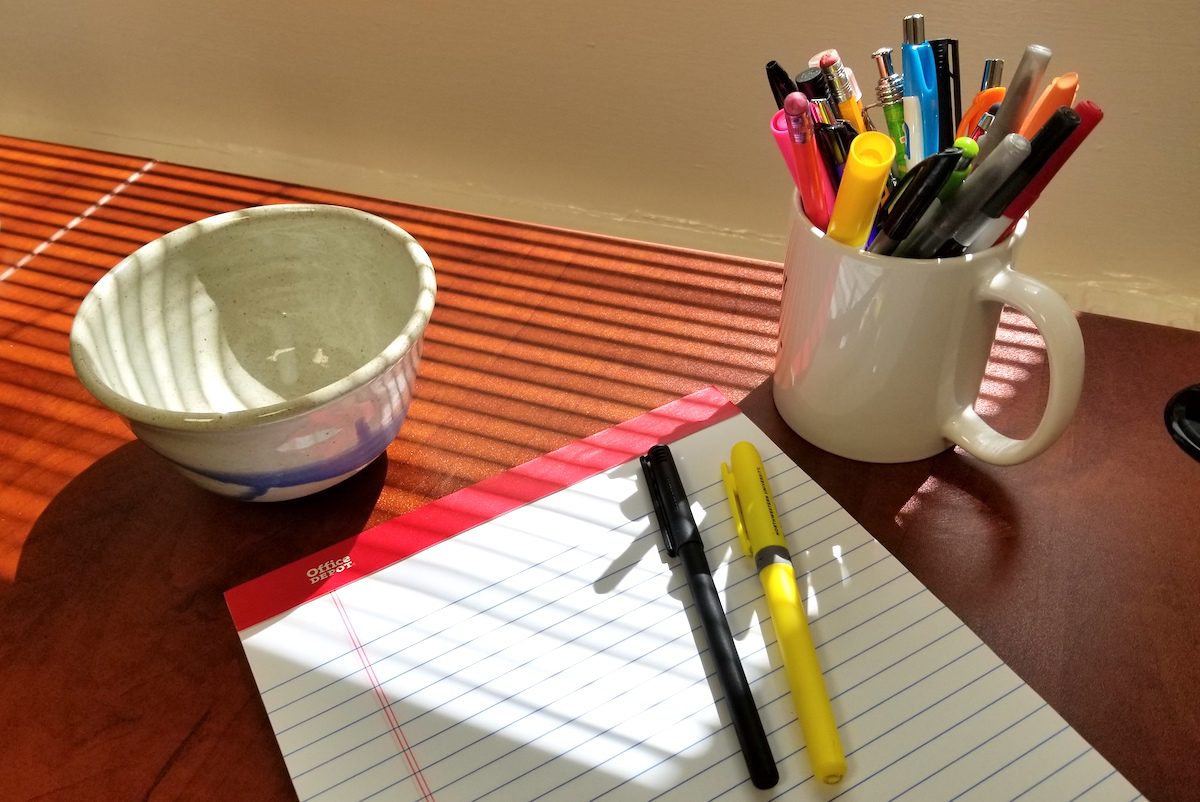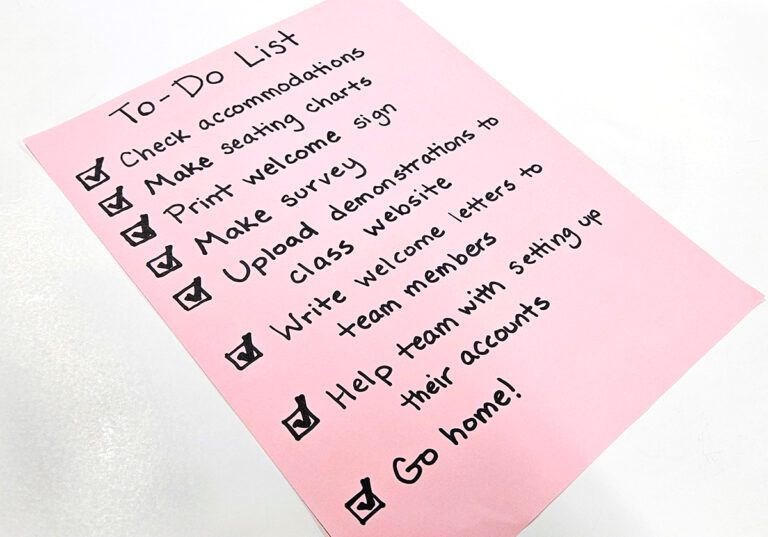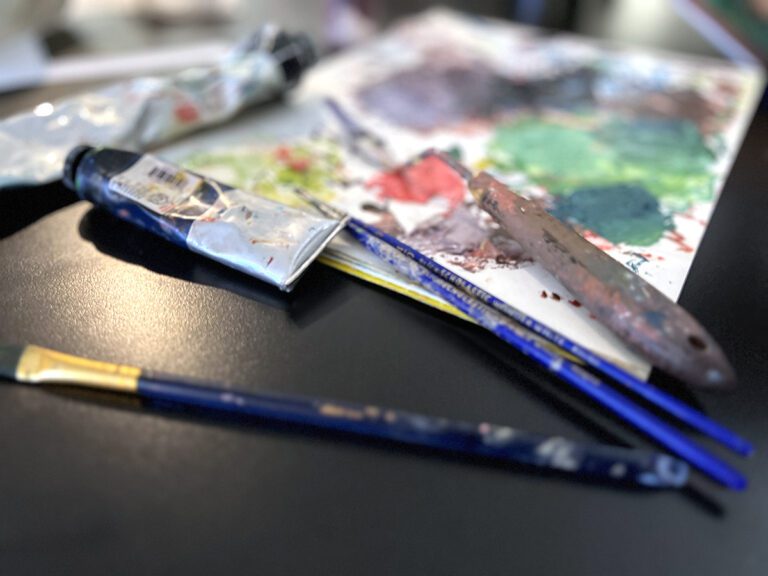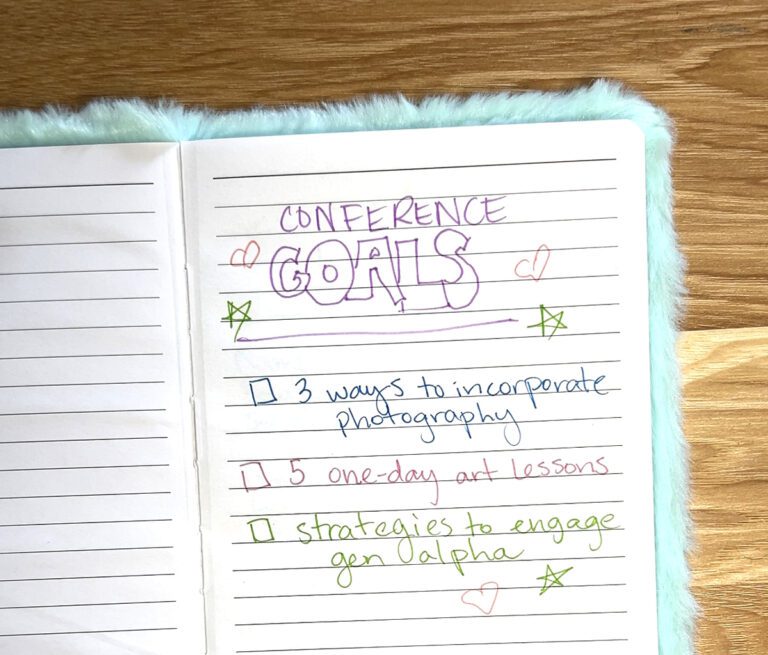Congratulations on your new role! How exciting, and what a big year ahead. Transitioning into a new position or school can be filled with excitement. You have big hopes of what you can accomplish or maybe you’re simply excited to depart from your previous post. But before you go full-speed ahead, it’s important you have a solid understanding of the current and previous landscape of your position. So, put your researcher hat on, and start asking a lot of questions.
Meeting with a variety of stakeholders to better understand your role can help set you up for a successful first year.
Meet with Your Administrator
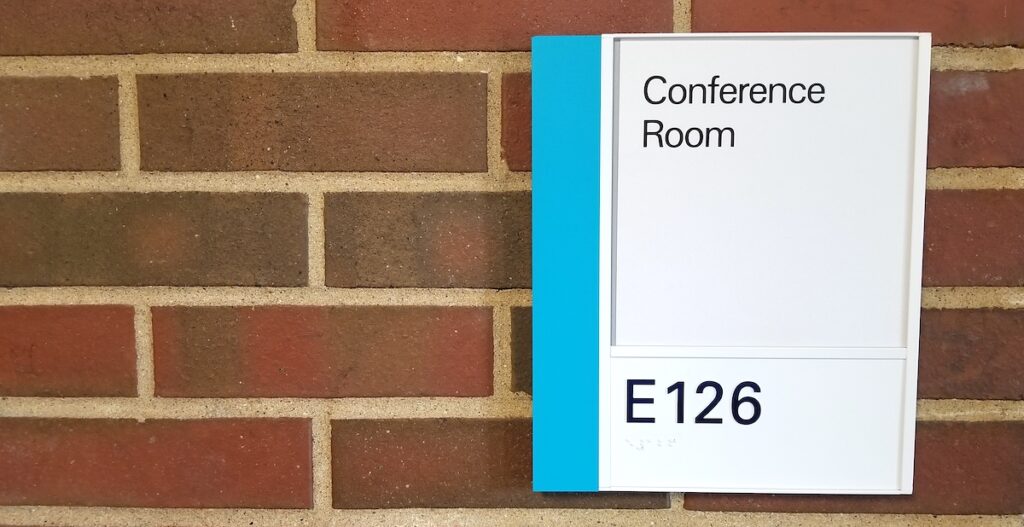
One of your first meetings should be with your supervisor to gain a solid understanding of the job and expectations. While the job description and information from the interview process can serve as a reference, there is often much more expected of a person.
Before you start sharing all of your ideas, here are some questions to ask your administrator:
- What does a successful first year look like for me?
- Is there anything specific you want me to accomplish?
- Is there anything the previous person did you want me to continue?
- How would you describe the climate and culture among my colleagues?
- What do you think the community values about the arts?
The goal of this meeting is to hear their perspective on your role, what you’re walking into, and how to maintain support from the community. This is not the time to ask for more money, new equipment, or nicer facilities. That time will come, and will likely be more successful after you show them how awesome you are!
Meet with Your Colleagues
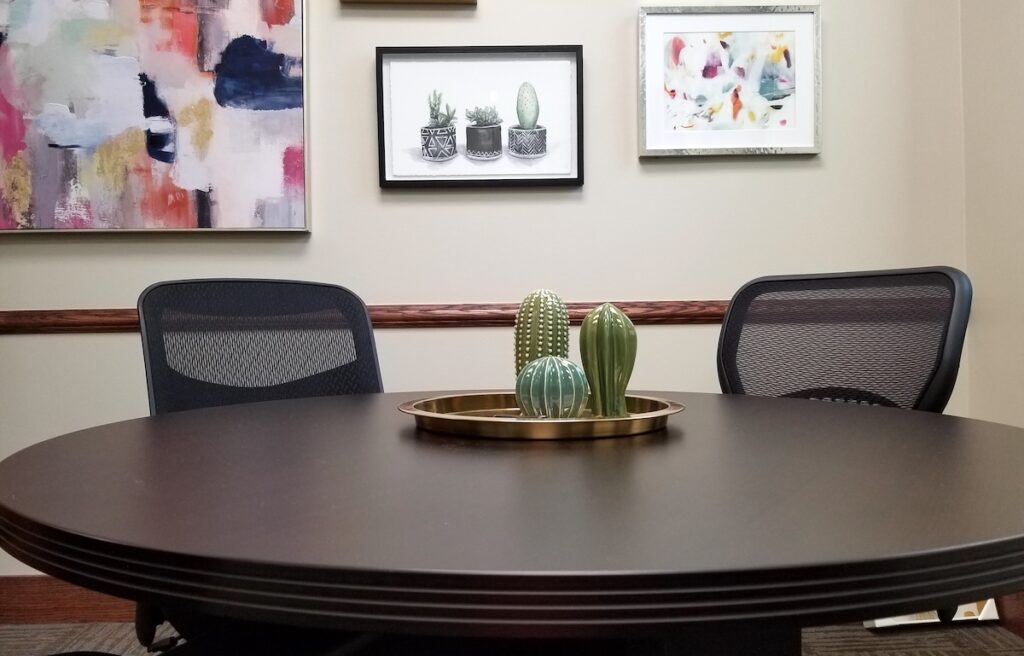
While your administrator is your evaluator, your relationship with your colleagues can also play a big role in your success. Starting your working relationship with questions versus answers communicates a level of respect to the current staff. The act of questioning shows recognition that you don’t know everything and a willingness to learn from those with experience.
So, hold off for now on sharing all of the things you did at your last school and start with some of these questions:
- What do they expect from you as a colleague?
- Are there any collaborative events (art shows, assemblies, etc.) you should be aware of so you can plan to contribute?
- Is there anything you should know to best work with the custodian or operations team?
- What does the administration value about the arts?
- What do the students and parents value about the arts?
Hearing from colleagues can provide a different perspective than your administration and sometimes answers can even be contradictory. Remember each person is sharing their own experiences, thoughts, and opinions, which can differ from those of someone else. While it can be challenging to sift for the truth, start by identifying themes and simply consider what they are saying. Remember, there can be more than one truth. Your administration might value one thing and your colleagues something else. Both are true, so you’ll want to think about how to support two worlds for the time being.
Meeting with Your Staff
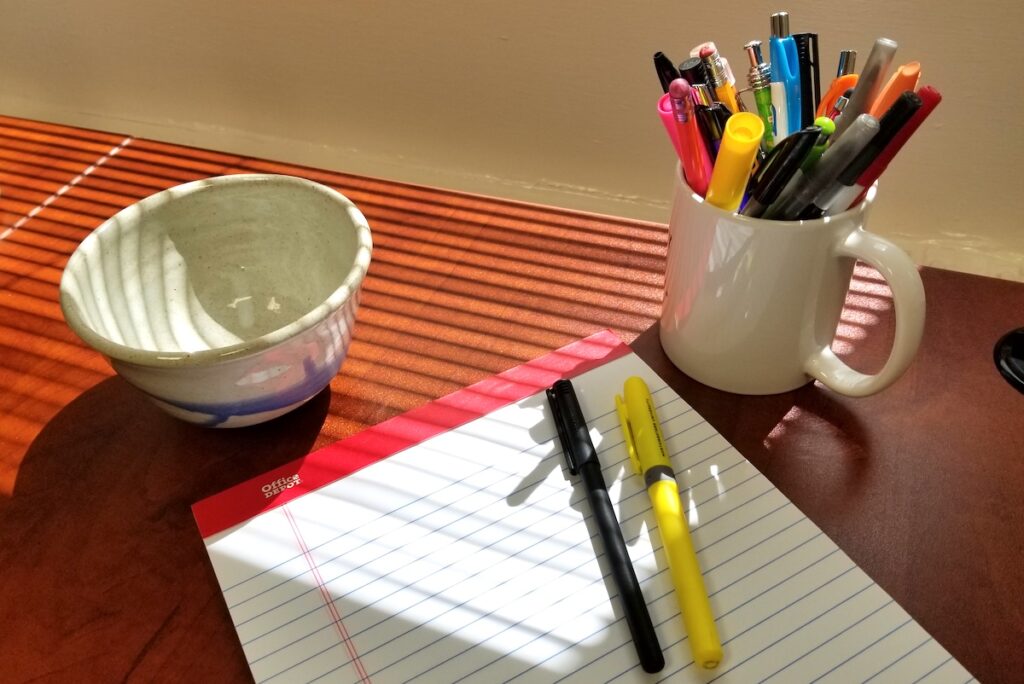
If your new role includes any supervision of personnel, hosting a meeting with that specific group is critical. Similarly, your agenda should be restricted to any nuts and bolts, introducing yourself, and asking questions. Hold off on sharing your vision or new ideas as you’re still learning about the current situation.
To better learn their perspective, have each person complete a “Start, Stop, Continue” exercise to learn:
- What should the department/school start doing?
- What should the department/school stop doing?
- What should the department/school continue doing?
You can use these responses to identify themes and better understand the current climate. Hearing from everyone on the first day gives you a better sense of the department-wide perspective, as opposed to the department member with the loudest voice. The last step is to set up individual meetings with people. You can use this time to ask any questions from the activity and to better learn about each individual.
Moving Forward
You will know you’re done with your research when you’re able to answer the questions below. Having an understanding of how you connect with others in the building and school community will help you establish your goals and plan for a successful first year.
- What does the community value?
- What do the students value?
- Who relies on me?
- Who do I rely on?
- What are my first-year goals: personally and professionally?
If you’re looking for more advice on starting in a new teaching role, checkout out the article, 5 Things to Do During Your First Month in a New Teaching Position.
While you’re excited about all you can bring to your new role, success is largely impacted by the timing. A great idea implemented at the wrong time can be disastrous. If the foundation is not laid for your changes, even small changes, the resistance can have initial and long-term implications. Better understanding and learning about your colleagues is also foundational for a positive future. Be patient as relationships take time to build. Taking the time to ask questions and learn is an investment in your future success.
What else can someone do to better learn about their new role?
What is the best way to establish a positive rapport with new colleagues?
Magazine articles and podcasts are opinions of professional education contributors and do not necessarily represent the position of the Art of Education University (AOEU) or its academic offerings. Contributors use terms in the way they are most often talked about in the scope of their educational experiences.
